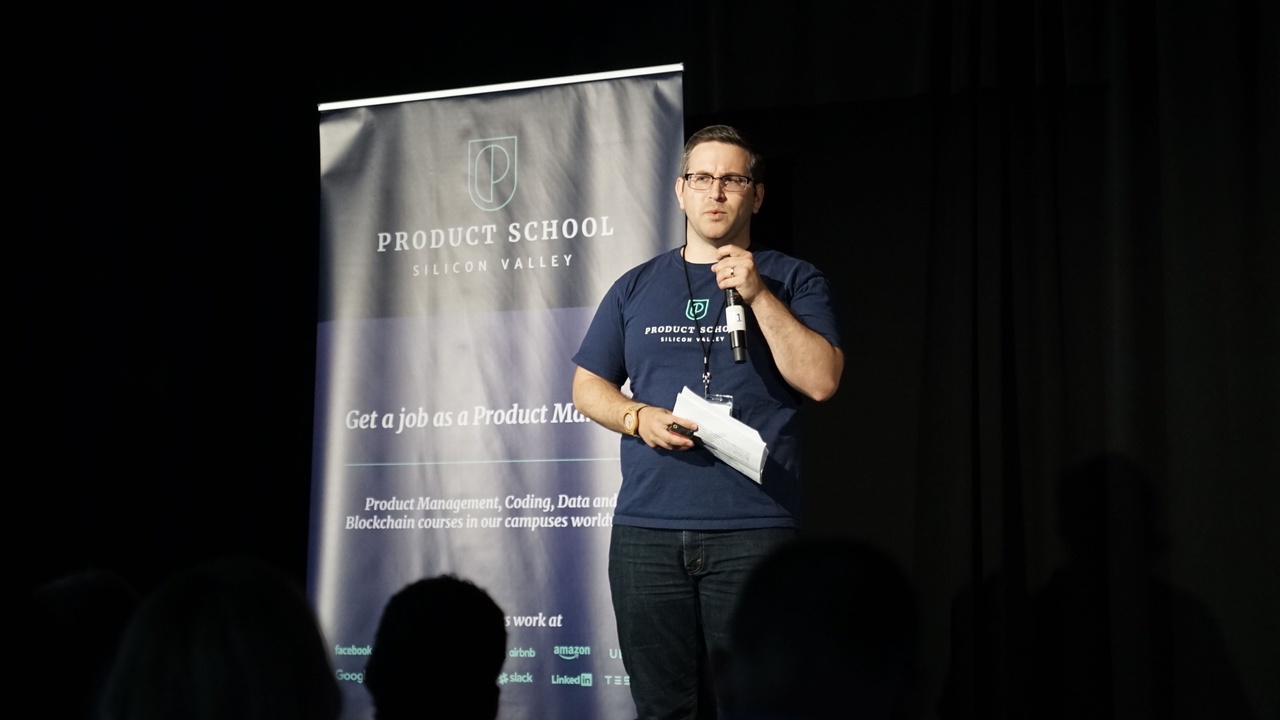How to Stop Feeling Like a Fraud

I have written eleven books, but each time I think, “uh oh, they're going to find out now. I've run a game on everybody, and they're going to find me out.” – Maya Angelou
Bestselling author Neil Gaiman recounts feeling like an imposter at an invitation-only gathering of renowned artists, scientists, writers and other luminaries:
I felt that at any moment they would realize that I didn’t qualify to be there, among these people who had really done things.
On my second or third night there, I was standing at the back of the hall while a musical entertainment happened, and I started talking to a very nice, polite, elderly gentleman about several things, including our shared first name. And then he pointed to the hall of people and said words to the effect of, “I just look at all these people, and I think, what the heck am I doing here? They’ve made amazing things. I just went where I was sent.”
And I said, “Yes. But you were the first man on the moon. I think that counts for something.”
And I felt a bit better. Because if Neil Armstrong felt like an imposter, maybe everyone did. Maybe there weren’t any grown-ups, only people who had worked hard and also got lucky and were slightly out of their depth, all of us doing the best job we could, which is all we can really hope for.
Gaiman’s sense that others feel the same way is right. Research has found that up to 70 percent of us at some point in our lives feel fraudulent — like we don’t belong in our current jobs and will soon be found out.
This issue of feeling like a fraud came up in my conversation with leaders in a training session in Washington, D.C. this week.
I know I’ve felt this way. Starting off life in the housing projects in Philadelphia with a hard-working single mother, I would often question my subsequent good fortune in corporate life.
Before starting my consulting business 14 years ago, I served as Vice President of Communications at a Fortune 100 company. I was one of the youngest officers and worked at the highest level with the CEO, presidents and other senior leaders.
And there were moments, especially starting out, that I felt like a fraud – certain that at any moment the Imposter Police were going to show up at the door of my office in the skyscraper and escort me out. Or maybe they’d just throw me out of my twenty-second-floor window. Over time, I came to appreciate my own expertise and employed some of the strategies I mention below to reconcile my view.
Humans have probably experienced these feelings through the ages, but the modern concept seems to have begun with the research of Dr. Pauline Clance in the seventies. She initially believed what she called the “imposter phenomenon” was experienced exclusively by successful women in a male-dominated culture. Through additional research, she came to realize that fraudulent feelings are rife throughout the population.
She developed an extensive questionnaire to determine whether one has the syndrome. This New York Magazine article last year created a nine-question quiz that will give you a quick take, if you really need confirmation.
Some research also links imposter syndrome with perfectionism. That’s the sense that “if I can’t do this job perfectly, I must not be qualified. I’m a fraud.”
The primary problem for leaders is that if you feel like a fraud, your executive presence – your communication – will suffer. Here are a few thoughts and tips I’ve used successfully myself and with clients on how to deal with imposter syndrome:
1. Remember, you’re not alone
As I noted, 70 percent of people at some point feel fraudulent. And this is true at every level of an organization. I work with CEOs and other very senior leaders who feel this way. In fact, the higher you rise in an organization, the more likely you are to feel less than qualified, especially in the beginning.
Howard Schultz, the CEO of Starbucks, said that he and other CEOs talk about feeling like imposters in their roles. “Very few people,” he said, “whether you’ve been in that job before or not, get into the seat and believe today that they are now qualified to be the CEO. They’re not going to tell you that, but it’s true.”
2. Stop comparing yourself
There will always be people who are better and worse than we are, but we tend to compare ourselves with those who seem to have it all together. There is no upside in this comparison unless you are using someone as a role model to motivate you. Remember, they too have moments of deep insecurity.
3. Express your fears
As they say, FEAR is false evidence appearing real. So much of what we see and interpret passes through the negative filter created by our anxiety or perfectionism. We set such high standards and believe we are not achieving anything worthwhile. Talking to a trusted friend, mentor or professional counselor can give you the perspective you need to see the reality. Sometimes, just verbalizing your fear can provide release.
4. Suspend judgment
Consistent with this perspective is giving yourself a break. Try to turn off the negative voice in your head that is reminding you today of past insecurities or failures.
5. Reframe your story
One way to stop the negative voice in your mind is to reframe your story. As humans, we are hardwired for and the person we tell stories to the most is ourselves.
Take the time to write down the feelings you are experiencing as an “imposter.” Look for the root of the story. Did a parent, a coach or a high school kid say something that left you with an imprint? Was it a perceived “failure” that set a standard you’re applying today? If so, draw that out and rewrite the story. What happened in the past is not relevant to what you face today. The past does not have to be prolog to the present.
6. Shift your mindset
What I’ve found is helpful with clients is your mindset in two ways away from a focus on yourself: First, shift from you to the value you are bringing to others. Think in specific terms about what you do that has impact on people. Second, change from a performance mindset to a learning mindset. It’s better to gauge whether you are growing than whether you are measuring up, especially in a new position.
7. Fake it until you become it
In her viral TED Talk, which I recommend you watch, Dr. Amy Cuddy described her own feelings of being an imposter. She had planned to drop that section of her talk as “too personal” and later was surprised to find an outpouring of people who resonated with her story.
Cuddy’s research led her to conclude that adopting body language may physically transform us, through the release of confidence-boosting hormones. You don’t have to fake it till you make it. You can fake it until you become it.
As you continue to take on new challenges, it’s only natural to feel some sense of inadequacy. That’s how you know you’re growing because personal growth happens outside of our comfort zones. And that’s okay.
As Dr. Cuddy concludes in her excellent follow-up book, Presence: Bringing Your Boldest Self to Your Biggest Challenges:
Most of us will probably never completely shed our fears of being fraudulent. We’ll just work them out as they come, one by one. I can’t say that you will soon shed all your impostor anxieties forever. New situations may stoke old fears; future sensations of inadequacy might reawaken long-forgotten insecurities. But the more we are aware of our anxieties, the more we communicate about them, and the smarter we are about how they operate, the easier they’ll be to shrug off the next time they pop up. It’s a game of whack-a-mole we can win.
Well said. Please use the buttons below to share this with someone who might benefit.
Photo by Louis Blythe on Unsplash








